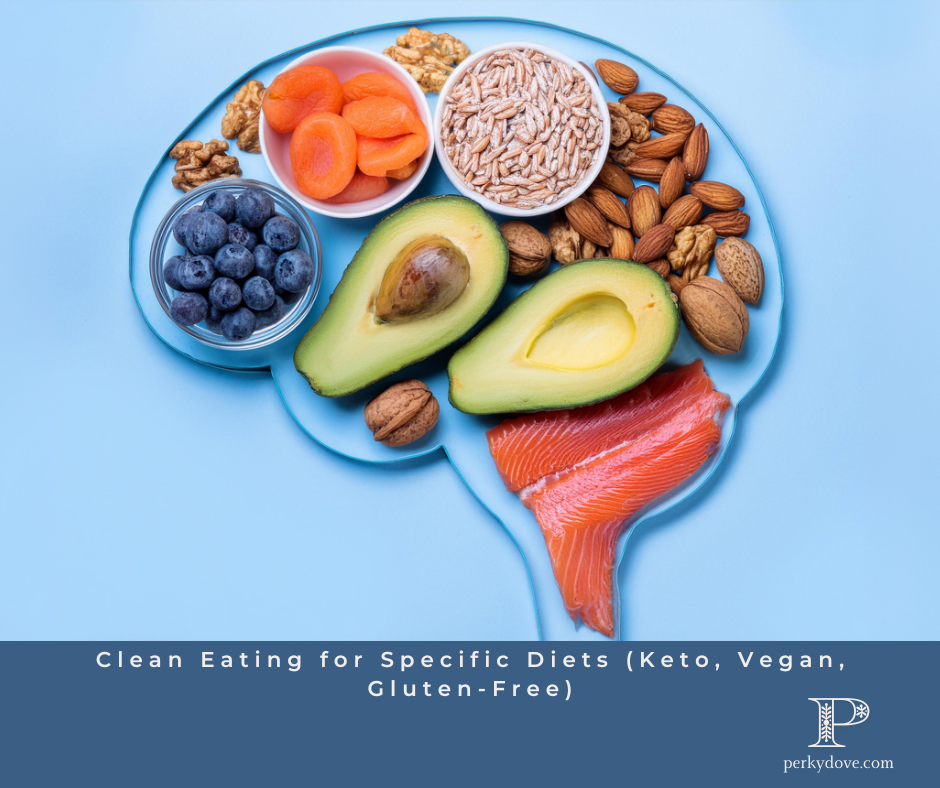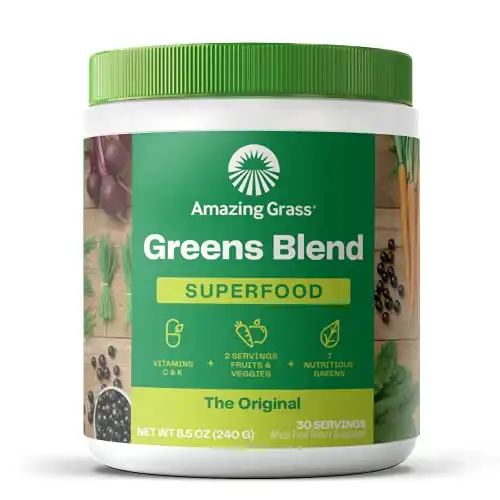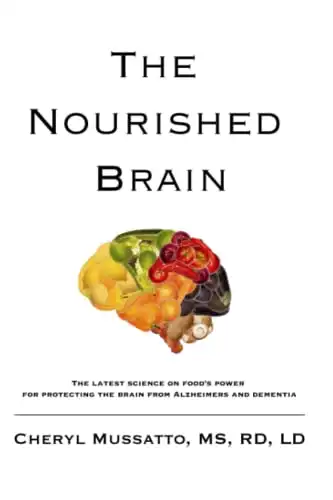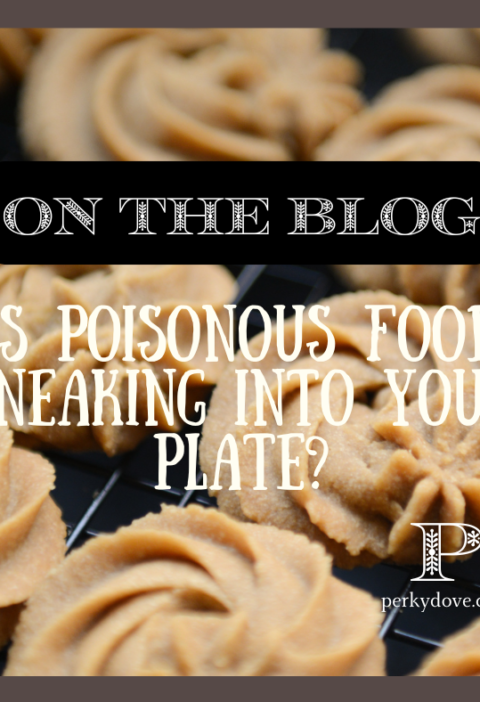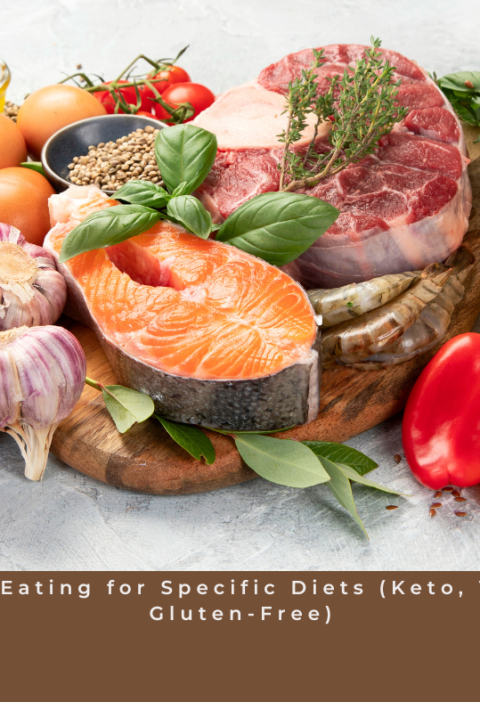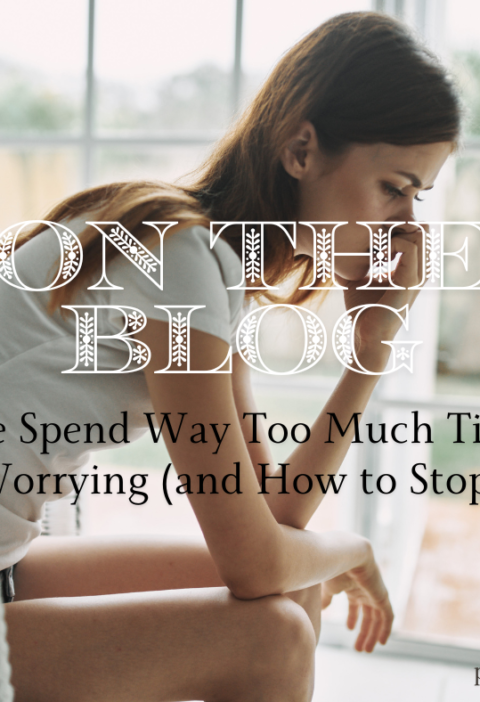We use affiliate links. If you purchase something using one of these links, we may receive compensation or commission.
When we talk about clean eating, we often focus on physical health—better digestion, glowing skin, and steady energy. But did you know that what you eat can significantly affect your mental well-being? Research shows that clean, nutrient-dense foods not only boost mood and brain function but can also help manage mental health conditions like anxiety and depression. Let’s explore the powerful connection between clean eating and mental health, backed by science.
The Food-Mood Connection
Food fuels your brain, and the quality of that fuel matters. Nutrient-rich, minimally processed foods provide the vitamins, minerals, and antioxidants your brain needs to function optimally.
Foods That Boost Mood and Cognitive Function
- Leafy Greens: Spinach and kale are high in folate, which has been linked to lower rates of depression. A study published in The Journal of Psychiatric Research found that individuals with higher folate levels had fewer depressive symptoms.
- Berries: Blueberries, raspberries, and blackberries are packed with antioxidants that protect the brain from oxidative stress and inflammation, which are linked to cognitive decline.
- Whole Grains: Foods like oatmeal and brown rice provide a steady release of glucose, stabilizing blood sugar levels and reducing mood swings.
- Fatty Fish: Salmon, mackerel, and sardines are high in omega-3 fatty acids, which are essential for brain health and emotional stability. According to a study in Translational Psychiatry, omega-3 supplementation significantly reduced symptoms of depression and anxiety in participants.
“Quick Tip: Include omega-3 rich foods like salmon and flaxseeds to support brain health.”
Made Simple: 9 Simple Steps to Holistic Healing: Strengthen Immunity & Improve Wellbeing with Home Remedies for Every Age (Fitness & Self Care for Senior...
The Hidden Dangers of Additives and Sugars
Processed foods may be convenient, but their hidden additives and sugars can negatively impact your mental health.
How Additives and Sugars Affect Mental Well-Being
- Mood Swings: Excess sugar can cause rapid spikes and crashes in blood glucose, leading to irritability and anxiety. The American Journal of Clinical Nutrition reports that high sugar intake is associated with increased risk of depression.
- Inflammation: Artificial preservatives and trans fats promote systemic inflammation, which can extend to the brain. Chronic inflammation has been linked to mental health disorders, according to a study in Frontiers in Psychiatry.
- Impaired Focus: Diets high in processed foods and low in nutrients are associated with cognitive decline and attention deficits.
By eliminating processed foods and choosing whole, clean alternatives, you can help stabilize your mood and support brain health.
The Role of Gut Health in Mental Health
The gut-brain connection plays a vital role in mental well-being. Approximately 90% of serotonin—a neurotransmitter that regulates mood—is produced in the gut. A diet rich in clean, whole foods promotes a healthy gut microbiome, which in turn supports mental health.
Clean Eating for a Healthy Gut:
- Probiotic-Rich Foods: Yogurt, kefir, and fermented vegetables like kimchi boost beneficial gut bacteria.
- Fiber-Rich Foods: Whole grains, fruits, and vegetables feed your gut microbiota, fostering a healthy gut environment.
“Quick Tip: Add probiotic-rich foods like yogurt or sauerkraut to your meals for a happier gut and mind.”
Greens Powder with Digestive Enzymes & Probiotics, Organic Spirulina, Chlorella, and Beet Root Powder, Original, 30 Servings
Practicing Mindful Eating
Clean eating isn’t just about what’s on your plate—it’s about how you approach your meals. Mindful eating can help you reconnect with your body and reduce stress while enjoying your food.
Steps to Practice Mindful Eating
- Slow Down: Chew slowly and savor the flavors of your meal.
- Eliminate Distractions: Turn off your phone or TV and focus entirely on your food.
- Recognize Hunger and Fullness Cues: Eat when you’re hungry, and stop when you’re satisfied.
- Express Gratitude: Take a moment to appreciate the effort that went into your meal.
“Quick Tip: Practice mindful eating by turning off distractions and focusing entirely on your meal.”
The Latest Science On Food's Power For Protecting The Brain From Alzheimer's and Dementia
Clean Eating and Long-Term Mental Health
The long-term benefits of clean eating extend far beyond immediate mood boosts. Research published in The Lancet Psychiatry emphasizes that a nutrient-rich diet is a key factor in preventing and managing mental health disorders. By consistently eating whole, unprocessed foods, you provide your brain with the tools it needs to function optimally.
There is substantial evidence supporting the connection between a nutrient-rich diet and mental health. For instance, the MIND diet—a combination of the Mediterranean and DASH diets—has been associated with slower cognitive decline and a reduced risk of Alzheimer’s disease
Final Thoughts
Your mental health is directly tied to the food you eat. By choosing clean, nutrient-dense foods, avoiding harmful additives, and practicing mindful eating, you can support both your emotional and cognitive well-being. Small, consistent changes—like incorporating more omega-3s or reducing processed snacks—can have a profound impact on your mental health.
“Quick Tip: Start small by swapping processed snacks for whole food options like fresh fruit or nuts.”
